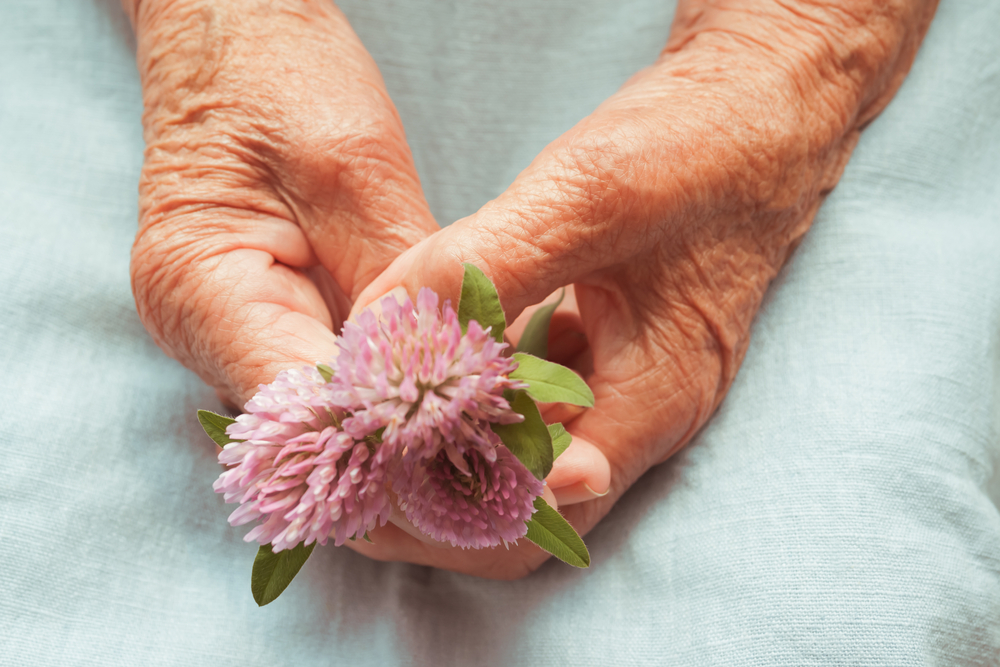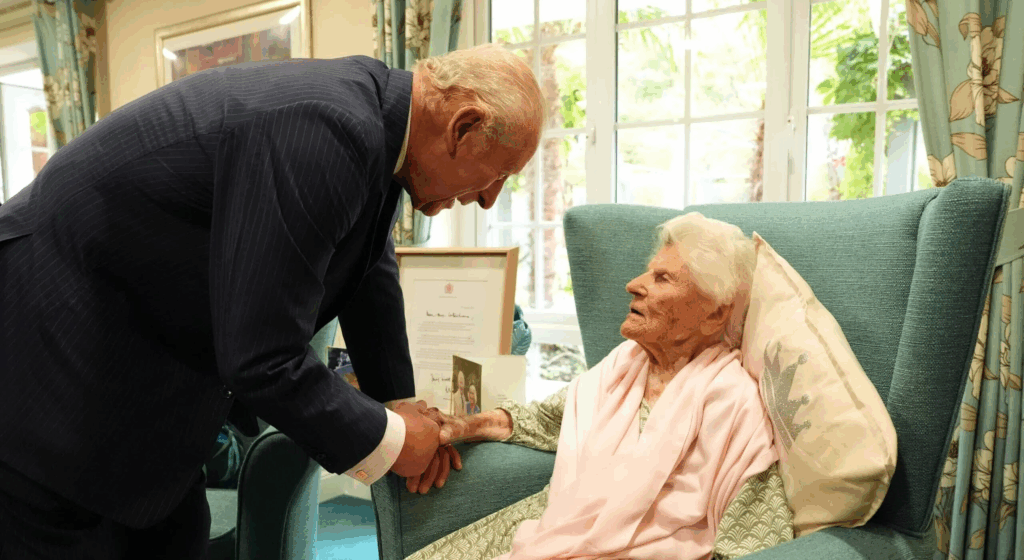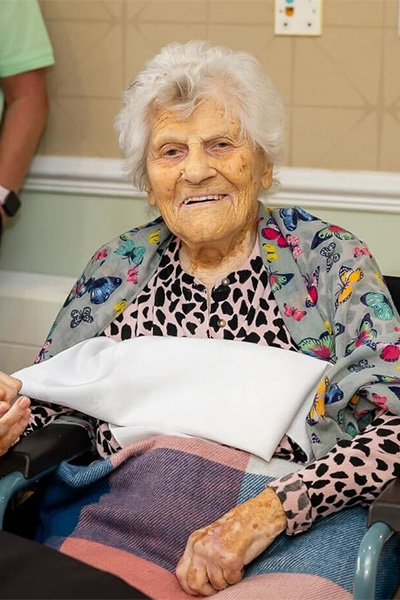World’s Oldest Woman Shares Her Surprisingly Simple Longevity Secrets

Ethel Caterham has lived through more than an entire century of change, witnessing global transformations that most of us only read about in history books. At one hundred sixteen years old, she has become the world’s oldest living woman, and the world has been eager to hear her reflections. What could someone who has lived this long teach the rest of us about longevity, happiness, and the quiet art of getting older with grace?
Her advice is not what you might expect. It is not fueled by fitness regimens or meticulously planned routines, nor does it rely on any modern concept of biohacking. Instead, her philosophy is a blend of simplicity, humor, self acceptance, and perspective shaped by a life that has seen both global conflicts and peaceful decades.
In this article, we explore Ethel’s life, her unique longevity wisdom, and the deeper meaning behind her philosophy. Drawing from reporting by People magazine, we weave together her personal story with context, reflection, and lessons that modern readers can carry into their own lives.

A Life Spanning Three Centuries
Ethel Caterham was born in August 1909 in Shipton Bellinger, a village located in the English county of Hampshire. Her early years were marked by the quiet routines of rural English life before the world was thrust into the upheaval of World War One. Growing up as one of eight children, she learned early the value of self reliance and adaptability.
By the time she reached adulthood, the world had changed dramatically. At eighteen, Ethel made a bold decision that demonstrated the adventurous spirit she still carries in her old age. She left England to travel to British India, where she worked as a nanny. This experience expanded her worldview and exposed her to cultures and lifestyles far different from the countryside she had known.
Her time abroad also changed the trajectory of her personal life. It was in India that she met her future husband, Major Norman Caterham of the British Army. After marrying, the couple returned to England, where they built a life together. Norman passed away in 1997, but Ethel continued living independently well into her later years before eventually settling in a nursing home.
The story of her long life is not defined by fame or extravagance. Instead, it is shaped by everyday acts of courage, resilience, work, and consistency. Her longevity is accompanied by moments of adventure, periods of quiet living, and a resilient spirit that has allowed her to witness eras that no longer exist.
The Unexpected Longevity Philosophy
According to reports, Ethel has often insisted that she never followed a special diet or structured health plan throughout her life. In fact, she openly admits that her secret to longevity is far simpler than what many expect. She once told interviewers that her advice is to simply not regret things that cannot be changed.
This attitude reflects a deep acceptance of life’s unpredictability. While many modern experts highlight nutrition or exercise as central components of longevity, Ethel’s emphasis on stress reduction and emotional acceptance offers a different perspective. She believes firmly in taking life as it comes, letting go of unnecessary worries, and focusing instead on what can be controlled.
Her daughters revealed that Ethel has always maintained a relaxed attitude toward life. She enjoys simple pleasures and maintains an unshakeable sense of humor, both of which contribute to her remarkably positive outlook. People magazine reports that even at one hundred fifteen, Ethel had joked she had no particular secret for living so long. That honesty and humility resonate deeply with readers, because it highlights a truth that often gets overlooked in discussions about aging.
Experts in psychology and gerontology have repeatedly noted that mindset plays a major role in healthy aging. Lower stress levels, strong support networks, and a generally positive outlook can all contribute to longevity. Ethel’s philosophy aligns naturally with these findings. Her life serves as an example of how inner peace, emotional balance, and the ability to adapt to changing circumstances form a quiet yet powerful foundation for a long life.
Lessons from a Century of Change
Ethel has lived through events that shaped the modern world. She has witnessed two world wars, the rise and fall of entire political structures, and the birth of technologies that have redefined daily life. Her experience offers lessons that extend far beyond longevity. Her journey reminds us how profoundly the world can transform within a single lifetime.
One important theme in her story is adaptability. Moving from England to India at such a young age required courage and flexibility. Adapting to life abroad, embracing new cultures, and returning home after years overseas demonstrate her ability to evolve as the world changed. Her openness to new experiences became a defining force in her long life.

Another lesson is resilience. Throughout her life she experienced personal loss, including the death of her husband, whom she outlived by nearly three decades. Yet she continued to maintain a warm and humorous outlook. This resilience reflects a mindset that embraces life rather than resists it. Her strength showcases the power of emotional endurance over the decades.
A third lesson comes from her willingness to enjoy life without overcomplicating it. She lived independently until her late life and continues to find joy in simple interactions and memories. Her story encourages readers to find meaning not through material accomplishment but through consistency, connection, and appreciation. She shows that a grateful heart can shape a fulfilling life.
What Modern Longevity Research Reveals
While Ethel’s personal philosophy is rooted in simplicity, it mirrors many conclusions drawn from modern scientific research. Studies on centenarians consistently highlight several key patterns that align with her lifestyle. Her experiences provide a lived example of what research continues to emphasize.
The first is the importance of stress reduction. Chronic stress has been linked to inflammation and various age related diseases. Ethel’s relaxed approach to life and her insistence on not regretting the past demonstrate a natural way of reducing emotional tension. Her attitude illustrates that peace of mind is a powerful form of health protection.
The second pattern found in longevity research involves social connection. Although Ethel outlived much of her family, she has remained connected with her daughters and with caregivers in her community. Supportive relationships are known to improve overall wellbeing and reduce mortality risks. Her story confirms that companionship remains vital even in extreme age.
A third pattern concerns adaptability and mental resilience. Centenarians often have a remarkable ability to cope with major life changes. Ethel’s move to India, her adjustment to widowhood, and her ability to transition into nursing home life all reflect the psychological flexibility that supports healthy aging. Her adaptability demonstrates how mental strength can influence physical longevity.

Finally, many long lived individuals report that they did not obsess over health trends. Instead, they followed intuitive routines that made them feel balanced and content. Ethel’s approach fits naturally with this tendency. While the modern world often promotes strict regimens, she reminds us that peace of mind and moderation can be equally powerful. Her experience suggests that harmony often matters more than perfection.
How Ethel’s Journey Guides Modern Living
Ethel’s remarkable journey offers a lens through which readers can reflect on their own lives. Her simplicity stands in contrast to a world that puts emphasis on productivity, perfection, and constant improvement. Her example calls for a reevaluation of what truly brings joy and longevity.
Her story encourages readers to rethink what it means to age well. Rather than aiming solely for physical optimization, her example highlights the importance of mental ease, emotional acceptance, and inner balance. This approach offers a path to wellbeing that does not depend on expensive solutions. Her perspective invites people to embrace aging instead of fearing it.
Her reflections also remind us that life is long and unpredictable. There will be moments of profound change, hardship, and joy. What matters most is how we move through those moments. Ethel’s calm acceptance of life illustrates the enduring power of perspective. Her mindset reveals that wisdom often grows in moments of challenge.
Finally, her story inspires a sense of gratitude. To live long is itself an extraordinary gift, but to live long with grace, humor, and authenticity is something far deeper. Her journey shows that fulfillment often comes from appreciating the small things that shape daily life.
Featured Image Credit: tatka_go | Shutterstock
Loading...

